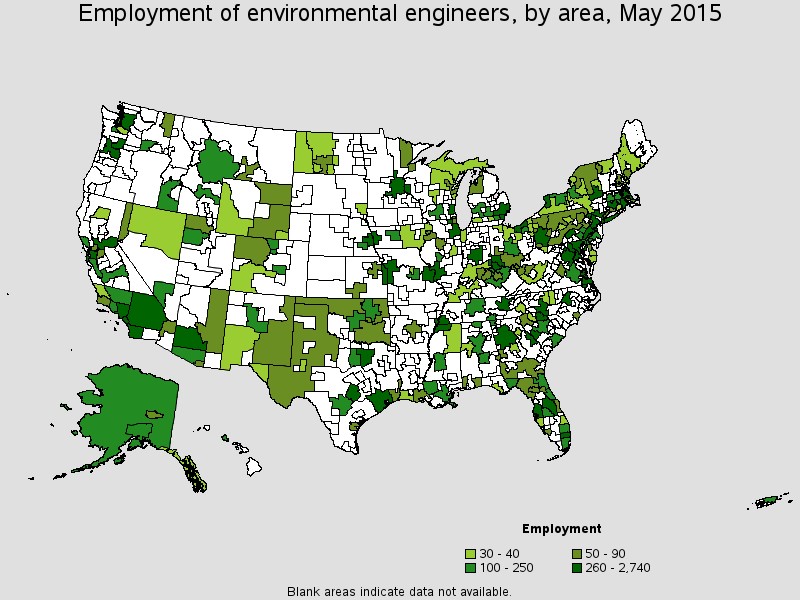Careers
Environmental engineers use the principles of engineering, soil science, biology, and chemistry to develop solutions to environmental problems. They are involved in efforts to improve recycling, waste disposal, public health, and water and air pollution control. Environmental Engineers may have a variety of jobs, both in the private sector and in government:
- Private sector consulting firms
- EH&S divisions of large corporations (UTC, Electric Boat and others)
- Regulatory agencies (Department of Energy and Environmental Protection, Department of Public Health, U.S. Environmental Protection Agency, Center for Disease Control), Towns
- Non-governmental organizations
Environmental engineers work in various settings. They usually work from in offices while planning designs or working on environmental permitting and regulatory issues. However, they may work at industrial sites or outdoors while collecting samples, conducting inspections or coordinating a facility’s waste management activities.
Check our LinkedIn page (https://www.linkedin.com/groups/8252270) to find our alumni and see what kind of jobs they have.
The Bureau of Labor Statistics publishes data on Environmental Engineering jobs nationwide, see http://www.bls.gov/ooh/architecture-and-engineering/environmental-engineers.htm. The Northeast has a high number of jobs as seen in the following figure, which is both because high population density means high levels of waste, wastewater and other emissions, as well as due to the industrial legacy that has left behind a lot of contaminated sites.
Job growth for environmental engineers in the decade 2014-24 is projected to 12%, faster than the average of all professions analyzed by the BLS. State and local government concerns regarding water availability, and quality, should lead to efforts to increase the efficiency of water, materials and energy use. The concept of sustainability is increasingly a concern of not only the government but also the private sector.

Source: BLS, 2015